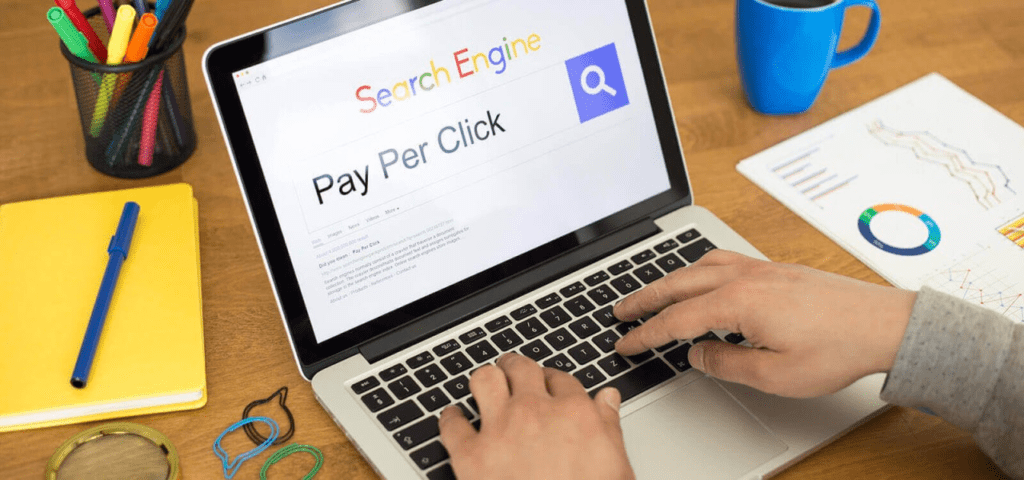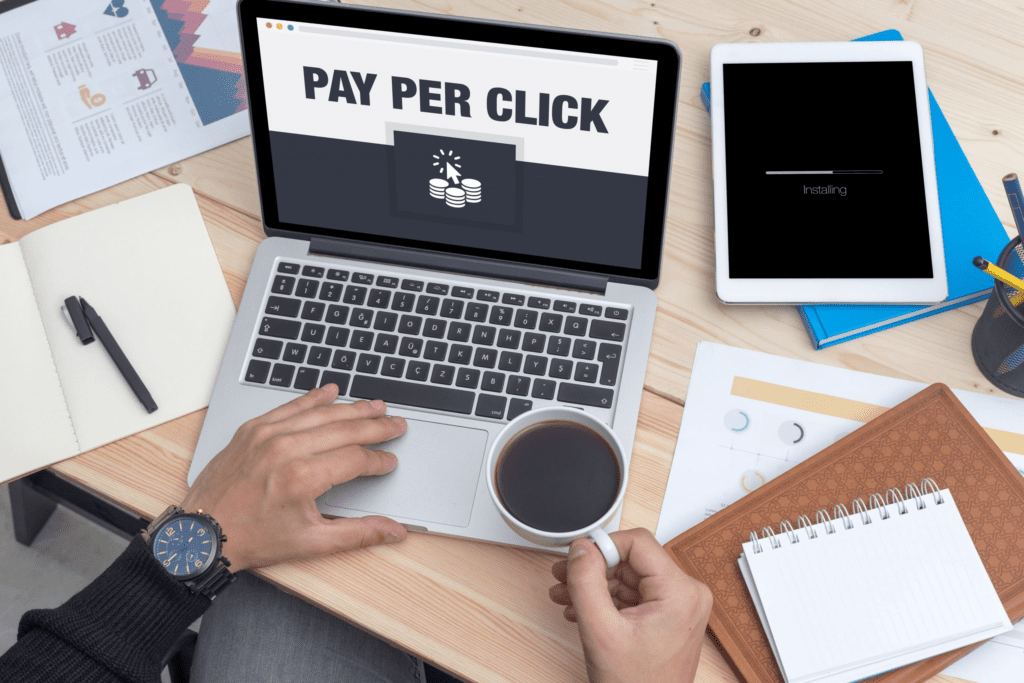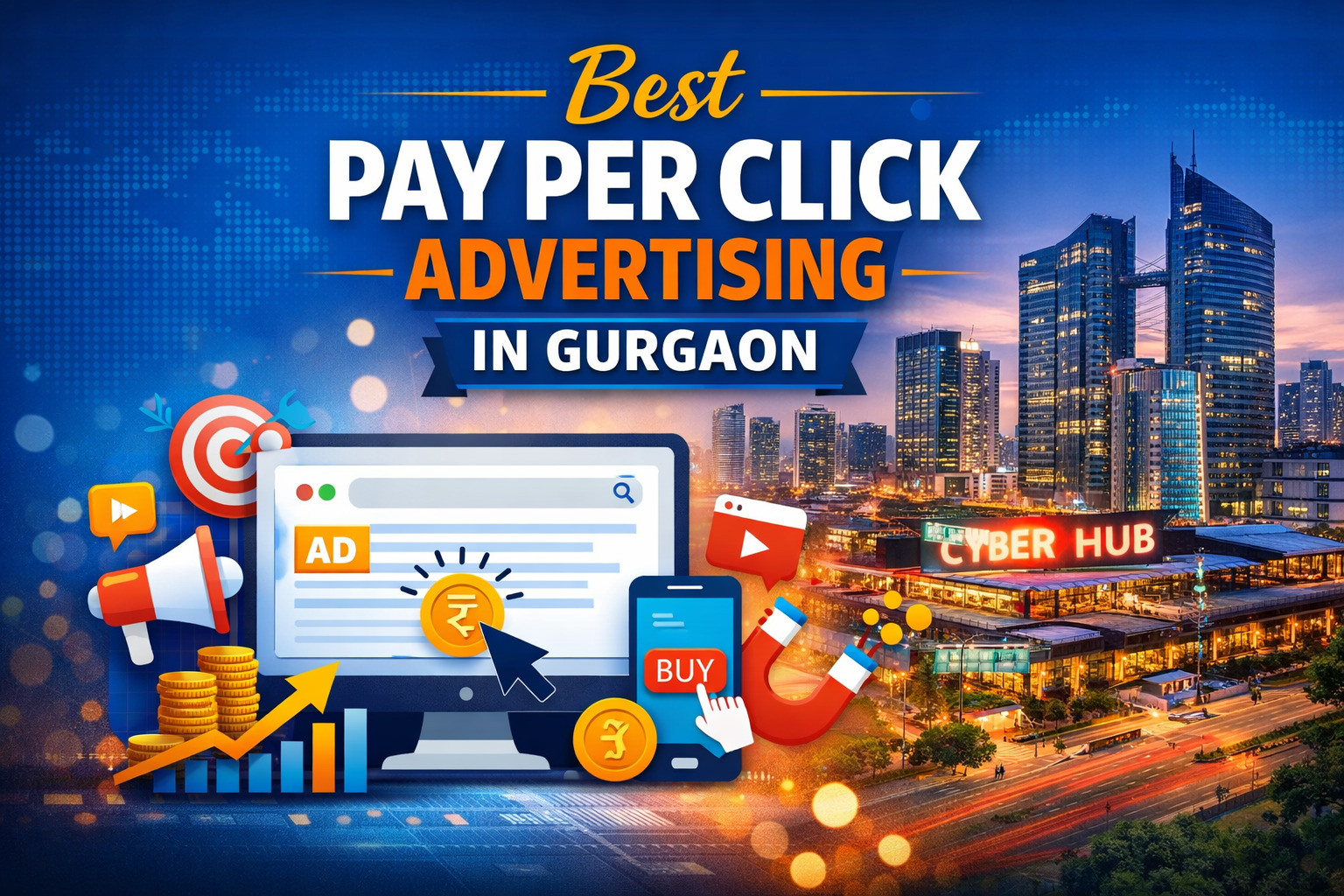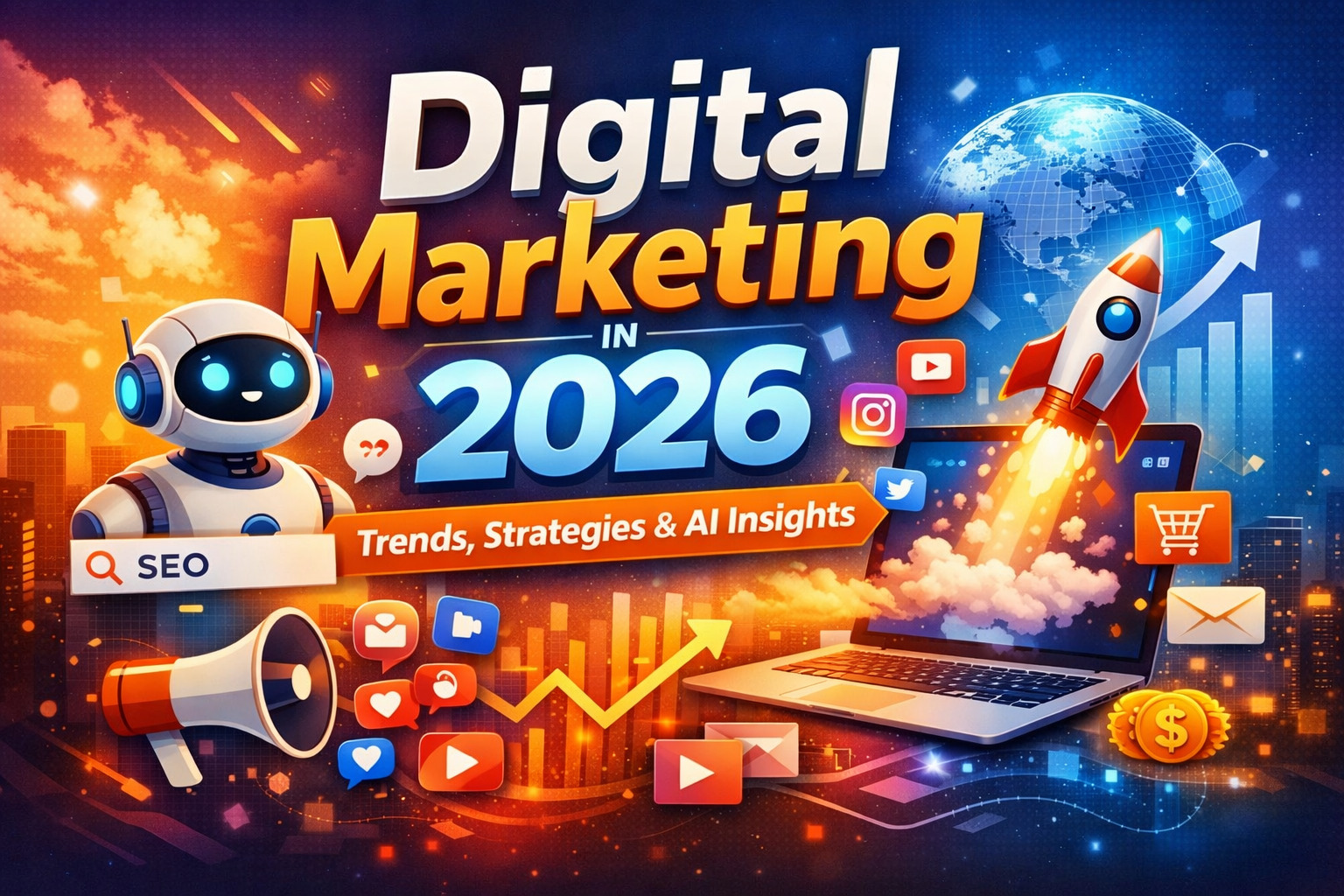White label PPC, also known as private label PPC, is a service offered by digital marketing agencies where they manage pay-per-click advertising campaigns on behalf of another agency or client. It involves the outsourcing of PPC management to a specialized provider who operates under the branding of the reseller, allowing them to offer PPC services without investing in the infrastructure or expertise required to do so.
Overview About PPC

PPC, or pay-per-click advertising, is a digital marketing model where advertisers pay a fee each time their ad is clicked. It’s a way of buying visits to your site rather than attempting to “earn” those visits organically. PPC ads appear on search engine results pages (SERPs) or on websites and social media platforms, and they’re typically marked as ads to distinguish them from organic search results.
What is White Label PPC?
White label PPC essentially allows agencies to expand their service offerings without having to build and maintain an in-house PPC team. Instead, they can partner with a white label PPC provider who handles all aspects of campaign creation, management, and optimization. The white label provider remains behind the scenes, executing the campaigns under the brand name of the reseller.
How Does White Label PPC Work?
When a client approaches an agency for PPC services, the agency can leverage white label PPC by outsourcing the work to a specialized provider. The white label provider creates customized PPC campaigns tailored to the client’s goals and objectives. These campaigns are then launched and managed by the provider on behalf of the agency, with regular reporting and updates provided to ensure transparency and accountability.
Benefits of White Label PPC

Cost-Effective Solution
One of the primary benefits of white label PPC is its cost-effectiveness. Instead of hiring and training an in-house PPC team, agencies can simply partner with a white label provider and pay for the services rendered. This allows them to offer PPC services to their clients without the overhead costs associated with staffing and infrastructure.
Time-Saving Option
White label PPC also saves agencies time by offloading the time-consuming tasks of campaign management and optimization to the provider. This allows agencies to focus on other aspects of their business, such as client acquisition and relationship management, without having to worry about the day-to-day operations of PPC campaigns.
Scalability and Flexibility
By partnering with a white label PPC provider, agencies can scale their PPC offerings according to demand without having to worry about hiring and training additional staff. This scalability allows agencies to take on more clients and grow their business without being limited by resource constraints.
How to Choose the Right White Label PPC Provider

When selecting a white label PPC provider, it’s essential to consider several factors to ensure that you’re partnering with a reputable and reliable company.
Experience and Expertise
Look for a provider with a proven track record of success in managing PPC campaigns across various industries. An experienced provider will have the knowledge and expertise to deliver results for your clients consistently.
Customization Options
Choose a white label PPC provider that offers customizable solutions tailored to your agency’s specific needs and requirements. This includes the ability to white label reports and dashboards with your branding, as well as the flexibility to adjust campaign strategies based on client feedback and performance data.
Reporting and Transparency
Transparency is key when it comes to white label PPC services. Select a provider that offers transparent reporting and regular communication to keep you informed about the performance of your clients’ campaigns. This includes detailed analytics and insights that help you understand the impact of the PPC efforts on your clients’ business goals.
Common Misconceptions About White Label PPC

Despite its many benefits, there are some common misconceptions about white label PPC that may deter agencies from considering it as a viable option for their business.
Limited Control
One misconception about white label PPC is that agencies will have limited control over their clients’ campaigns. However, reputable white label providers understand the importance of collaboration and transparency. They typically involve the agency in the campaign planning process and provide regular updates and insights, ensuring that the agency retains control over the direction and strategy of the campaigns.
Quality Concerns
Another misconception is that white label PPC may compromise the quality of the service provided to clients. However, when partnering with a reputable provider, agencies can expect high-quality PPC management that meets or exceeds industry standards. Experienced white label providers have skilled professionals who are dedicated to delivering top-notch results for their clients.
Branding Issues
Some agencies may be concerned that white labeling PPC services will dilute their brand identity or confuse their clients. However, white label providers understand the importance of maintaining the agency’s brand integrity and typically operate behind the scenes, using the agency’s branding in all client communications and reporting. This ensures that the agency maintains a consistent brand image while still offering valuable PPC services to their clients.
Integration of White Label PPC with Other Marketing Strategies

White label PPC can be seamlessly integrated with other marketing strategies to create a comprehensive and cohesive digital marketing plan for clients.
SEO Synergy
PPC and SEO are two sides of the same coin when it comes to digital marketing. By integrating white label PPC with SEO efforts, agencies can ensure maximum visibility for their clients’ websites across search engine results pages. PPC can provide immediate results while SEO works on building long-term organic traffic, creating a powerful combination that drives consistent traffic and leads for clients.
Social Media Integration
Social media advertising is another effective marketing channel that can be integrated with white label PPC. By combining PPC campaigns with social media advertising on platforms like Facebook, Instagram, and LinkedIn, agencies can reach a broader audience and target specific demographics with highly targeted ads. This integrated approach helps maximize the impact of marketing efforts and delivers better results for clients.
Content Marketing Alignment
Content marketing plays a crucial role in driving engagement and nurturing leads throughout the customer journey. By aligning white label PPC campaigns with content marketing strategies, agencies can amplify the reach of their content and drive more traffic to their clients’ websites. PPC can be used to promote blog posts, ebooks, webinars, and other valuable content, driving traffic and generating leads at every stage of the funnel. This synergy between PPC and content marketing helps agencies deliver a more holistic marketing solution to their clients.
Case Studies and Success Stories
To illustrate the effectiveness of white label PPC, let’s explore some real-life examples of agencies that have successfully leveraged white label PPC services to achieve their clients’ goals.
Case Study 1: XYZ Agency
XYZ Agency, a digital marketing firm specializing in B2B lead generation, partnered with a white label PPC provider to expand their service offerings. By offering PPC services to their clients, XYZ Agency was able to increase their revenue by 30% within the first year. The white label provider’s expertise and support allowed XYZ Agency to deliver impressive results for their clients, leading to increased client satisfaction and retention.
Case Study 2: ABC Marketing
ABC Marketing, a full-service marketing agency, struggled to keep up with the demand for PPC services from their clients. By partnering with a white label PPC provider, ABC Marketing was able to scale their PPC offerings without hiring additional staff. This partnership not only helped ABC Marketing meet the needs of their clients but also allowed them to focus on other areas of their business, such as content marketing and social media management.
Future Trends in White Label PPC

As technology continues to evolve, the landscape of white label PPC is also changing. Here are some future trends to keep an eye on in the world of white label PPC:
AI and Automation
Advancements in artificial intelligence and machine learning are revolutionizing the way PPC campaigns are managed. AI-powered tools can analyze vast amounts of data in real-time, allowing white label providers to optimize campaigns more effectively and deliver better results for their clients.
Enhanced Targeting Techniques
With the rise of big data and predictive analytics, white label PPC providers can now offer more advanced targeting techniques to reach specific audiences with precision. By leveraging demographic, behavioral, and contextual data, providers can create highly targeted campaigns that resonate with their clients’ target market.
Data Privacy and Compliance
As concerns about data privacy and security continue to grow, white label PPC providers must stay vigilant about compliance with regulations such as GDPR and CCPA. By prioritizing data privacy and implementing robust security measures, providers can build trust with their clients and ensure that their campaigns are executed ethically and responsibly.
Conclusion
White label PPC offers a cost-effective, time-saving solution for agencies looking to expand their service offerings and deliver better results for their clients. By partnering with a reputable white label PPC provider, agencies can access specialized expertise and resources without the need for additional staffing or infrastructure. With benefits such as scalability, flexibility, and integration with other marketing strategies, white label PPC is poised to continue its growth and evolution in the digital marketing landscape.



2 thoughts on “Understanding White Label PPC”